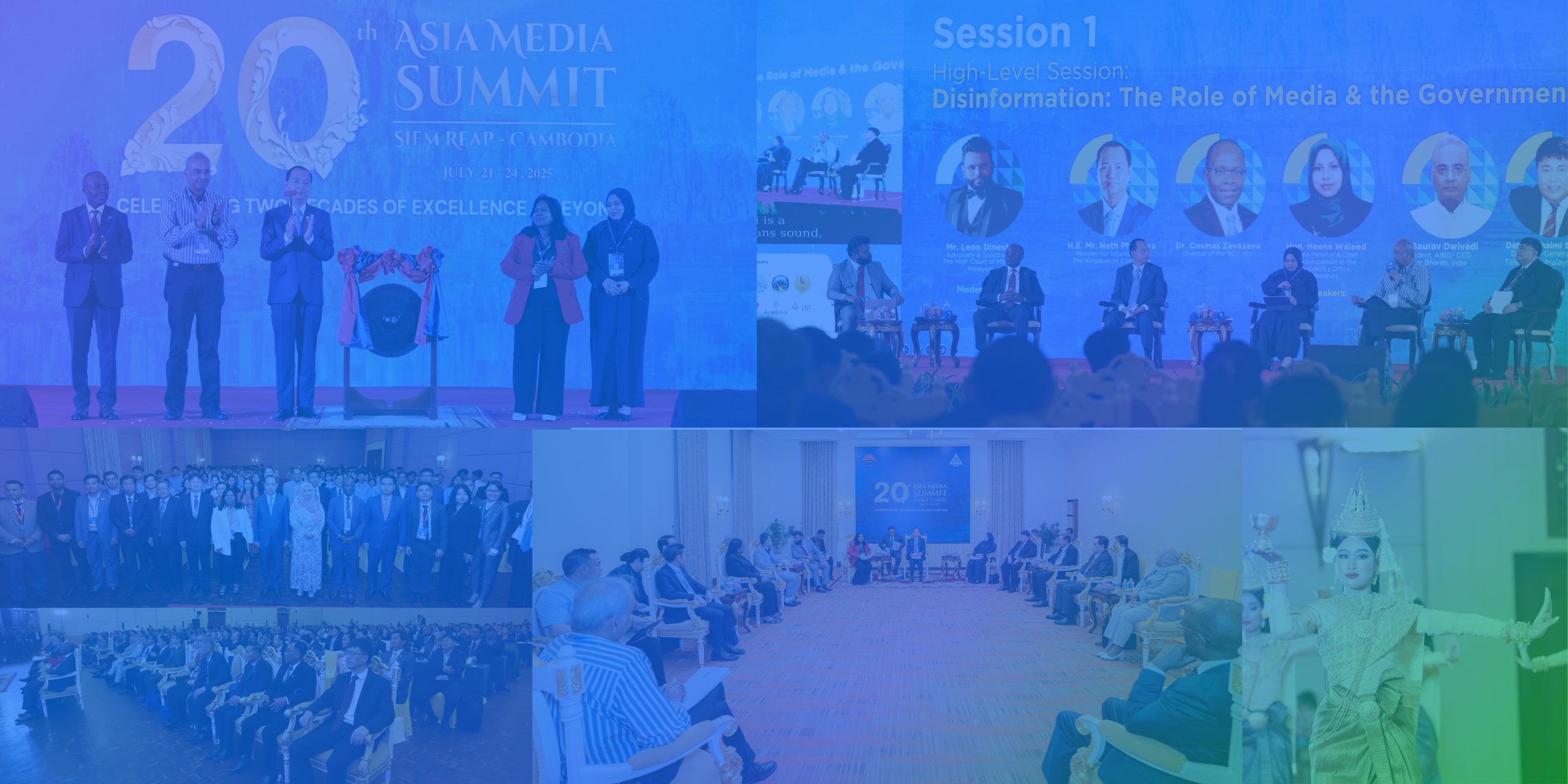AMS 2013 – Session 2
Day 1 – Wednesday, 29th May, 1600 – 1730
Session 2: Dealing with Ethics: Are Existing Models Effective?
As audiences become more demanding and discriminating, broadcast organizations will need to pursue a healthier mechanism to deal with ethical complaints and violations. Existing models include state regulation, self-regulation and co-regulation. Are they still valid and effective? Are codes of ethics making sense to promote professionalism? Do we need a more robust organization to enforce media ethics? Is there a role for the state in a self-regulatory system? What is a better alternative?
Day 1 – Wednesday, 29th May, 1600 – 1730
Session 2: Dealing with Ethics: Are Existing Models Effective?
As audiences become more demanding and discriminating, broadcast organizations will need to pursue a healthier mechanism to deal with ethical complaints and violations. Existing models include state regulation, self-regulation and co-regulation. Are they still valid and effective? Are codes of ethics making sense to promote professionalism? Do we need a more robust organization to enforce media ethics? Is there a role for the state in a self-regulatory system? What is a better alternative?
 |
|
 |
Associate Prof. Martin Hadlow Secretary General, Asian Media Information and Communication Centre (AMIC), Singapore |
 |
|
 |
Dr. Venkat Iyer Barrister & Media Law Consultant, University of Ulster, United Kingdom |
 |
Ms. Moneeza Hashmi President, Commonwealth Broadcasting Association (CBA) and General Manager, HUM TV, Pakistan |
 |
Mr. Li Peichun Deputy Director, English Service, China Radio International (CRI), China |
 |
Mrs. Soondaree Devi Soborun Deputy Director General, Mauritius Broadcasting Corporation (MBC), Mauritius |
 |
Mr. Vorasack Pravongviengkham Deputy Director General, Lao National Radio (LNR), Laos |




